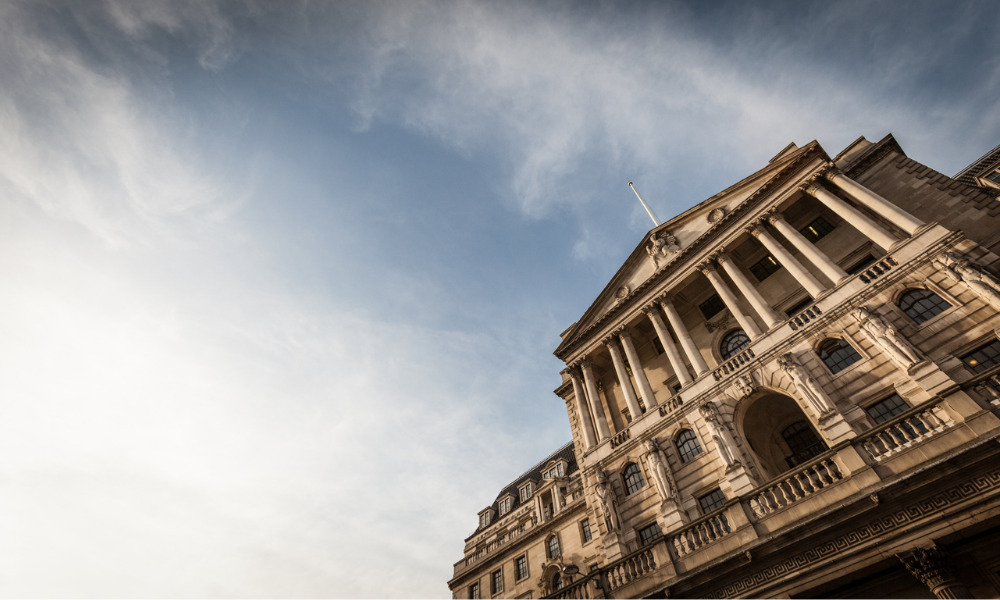Decision made amid concerns regarding the economy

With inflation now at its lowest level in two years, the Bank of England (BoE) announced it is keeping its interest rates unchanged for the third consecutive time on Thursday.
In a move widely expected by financial markets, the central bank’s Monetary Policy Committee (MPC) voted to maintain the base rate at 5.25%, leading analysts to believe that rates have finally reached their peak following a series of hikes that started in December 2021, when the rate was at a record low of 0.1%.
Now at its highest since the 2008 global financial crisis, the rate remained static despite growing concerns regarding the condition of the UK economy, with yesterday’s news that GDP fell by 0.3% in October.
Inflation dropping to 4.6%, experts believe, played a big part in the MPC decision, though the current inflation rate is still more than double the government’s 2% target.
What has been the impact on the property market?
Successive decisions to maintain the BoE base rate have prompted signs of recovery in the property market. A number of mortgage lenders have implemented rate reductions on their products, resulting in the average rate for a two-year fixed falling below 6% for the first time since June.
The decrease in mortgage costs has played a role in a modest resurgence in house prices, as per data from Halifax, revealing a 0.5% increase in November. Despite this, mortgage rates are still significantly higher compared with a year ago – the average cost of a two-year fixed rate was 2.34% in December 2022.
“2023 has been a turbulent year in the UK property market, with successive interest rate increases and a generally hawkish approach to the control of inflation by the Bank of England,” David Hannah, group chairman of Cornerstone Tax, commented. “Emerging trends, such as a 17% decline in transactions in November, indicates that the BoE may have overcompensated at the expense of the property market.
“That being said, there has been no crash as some have predicted, but rather, a softening in asking prices and a demonstrable development of a buyer’s market. This can, however, be contrasted by some parts of the UK being property hotspots where prices have actually increased.
“November inflation figures and mortgage approvals should indicate an overall cooling off of the UK economy which, if we are to avoid a recession next year, must be acknowledged by the BoE and, in an effort to avoid a sudden crash of inflation, will increase pressure on the MPC to start reducing interest rates sooner rather than later.”
Any thoughts on the latest base rate decision announced by the Bank of England today? Share them with us by leaving a comment in the discussion box at the bottom of the page.



